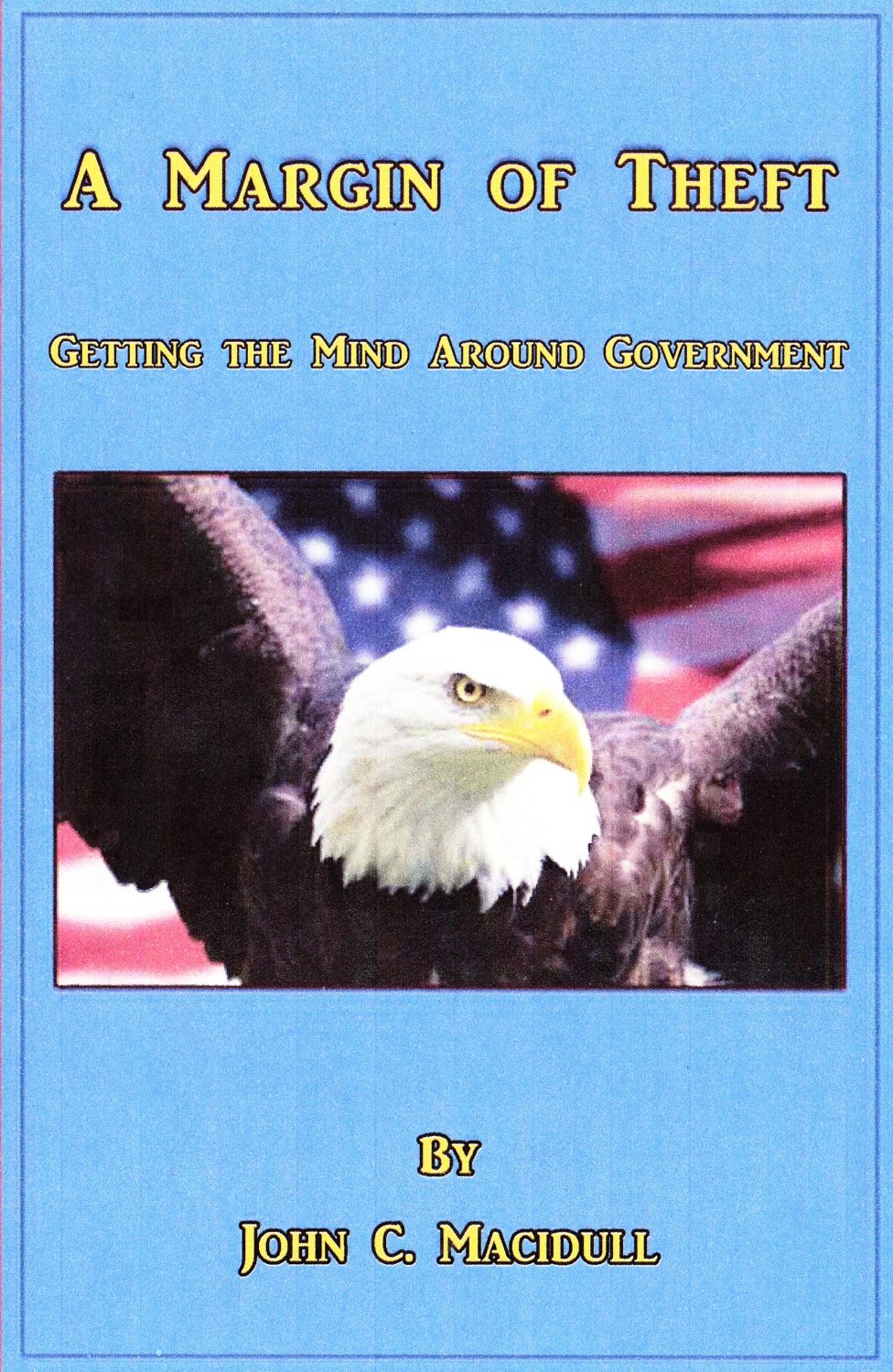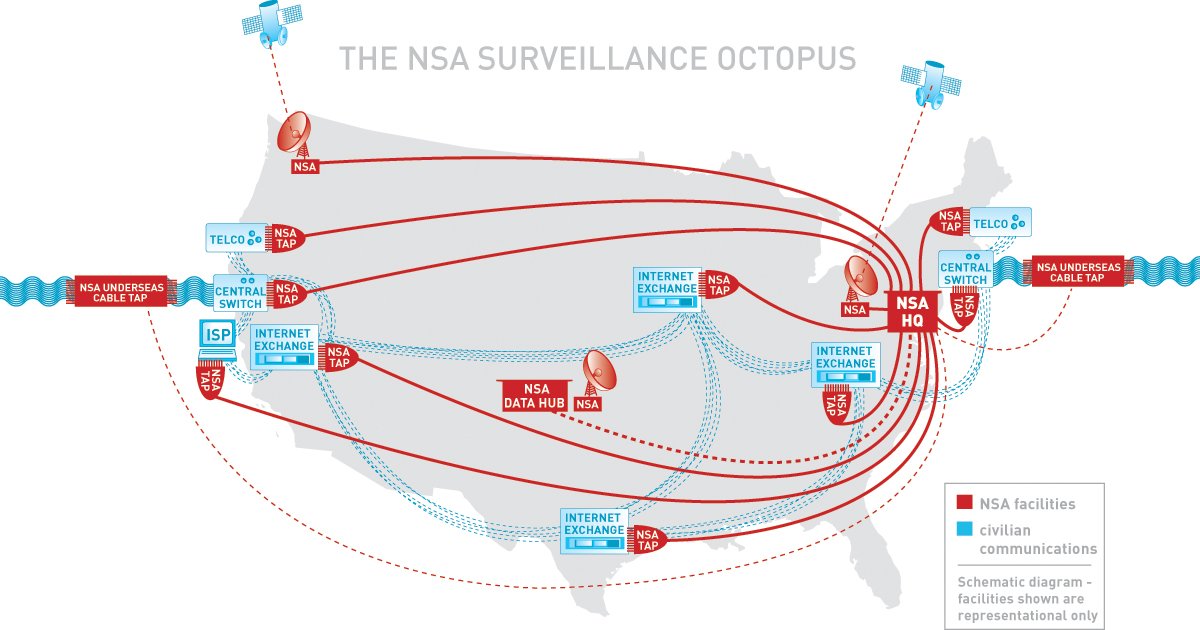The environment produced human beings. The simplest of physical laws interacted through a cycle of entropy and gravity to make stars, galaxies, particles, planets, and even complex and sentient life forms like us. Regardless of religious choice, indecision, or rejection, something within all of us ought to recognize that this ever-evolving system is a miracle. And the fact that we hardly understand the dynamic interplay between forces makes it that much more magical. People are, obviously, intelligent (relative to most ambient life). We consider ourselves sentient (as Descartes said, “Cogito ergo sum,” “I think; therefore, I am”), merely because we discern our consciousness as separate from the environment. It is certainly not the case that sentience depends on knowing how or why our consciousness exists, or most of the human race would not have it (except maybe a few neurobiologists and philosophers). Most people assume that no other animals or plants sense individuality (proto-ego or id-sentience—a primitive form of intellect), with little to no evidence supporting this claim. Our (seemingly) unique capability of thought allows human beings to discern the right action from the wrong actions—or, put more bluntly: ethics. Morality compounds two forms of thinking—logic and emotions—into a mode for decision-making. Philosophy compounds two disciplines—science and humanities—into a common love of wisdom. Spirituality compounds two attitudes—rational and empathetic—in order to develop a deeper understanding of absolute being. Morality, philosophy, and spirituality all correlate to each other. A person’s spiritual beliefs ground all morality, since our rationality and empathy correspond to our relationship with other beings. Spirituality is a subset of philosophy—it lies in the metaphysical, ontological realm concerning static identity. I believe the solution to the encroaching environmental, ecological, and economic calamity rests squarely on the shoulders of a spiritual revolution that takes into account the equilibrium of force and the value of life.
Monthly Archives: June 2013
A simple, yet brilliant, perspective for identifying motivations
Reviewer: Daniel J. Neumann
Book: A Margin of Theft
Date: June 10, 2013
“A Margin of Theft: Getting the mind around government” (AMOT) conveys a perspective, a metric, for judging the motivations of people, organizations, corporations, and states. While John Macidull claims this isn’t a philosophic—but engineering—analysis, I humbly disagree. Philosophy means the love of wisdom. And there’s something very wise going on with this book.
Continue reading A simple, yet brilliant, perspective for identifying motivations
What Happened to Privacy?
Something is very wrong with America
Have you read about the NSA gathering records from Verizon in mass, without a warrant? If not, I suggest you open this page in a new tab: http://www.newyorker.com/online/blogs/closeread/2013/06/the-nsa-verizon-scandal.html
What’s the point of the Constitution if we don’t follow it anymore?
The Source of Bad Things
Moral evil occurs when men either act in a malevolent manner or fail to intervene on a malevolent act. Natural evil happens when the environment behaves in a way unfavorable to human beings. The two share in common the unfavorable consequences to human beings. Continue reading The Source of Bad Things



